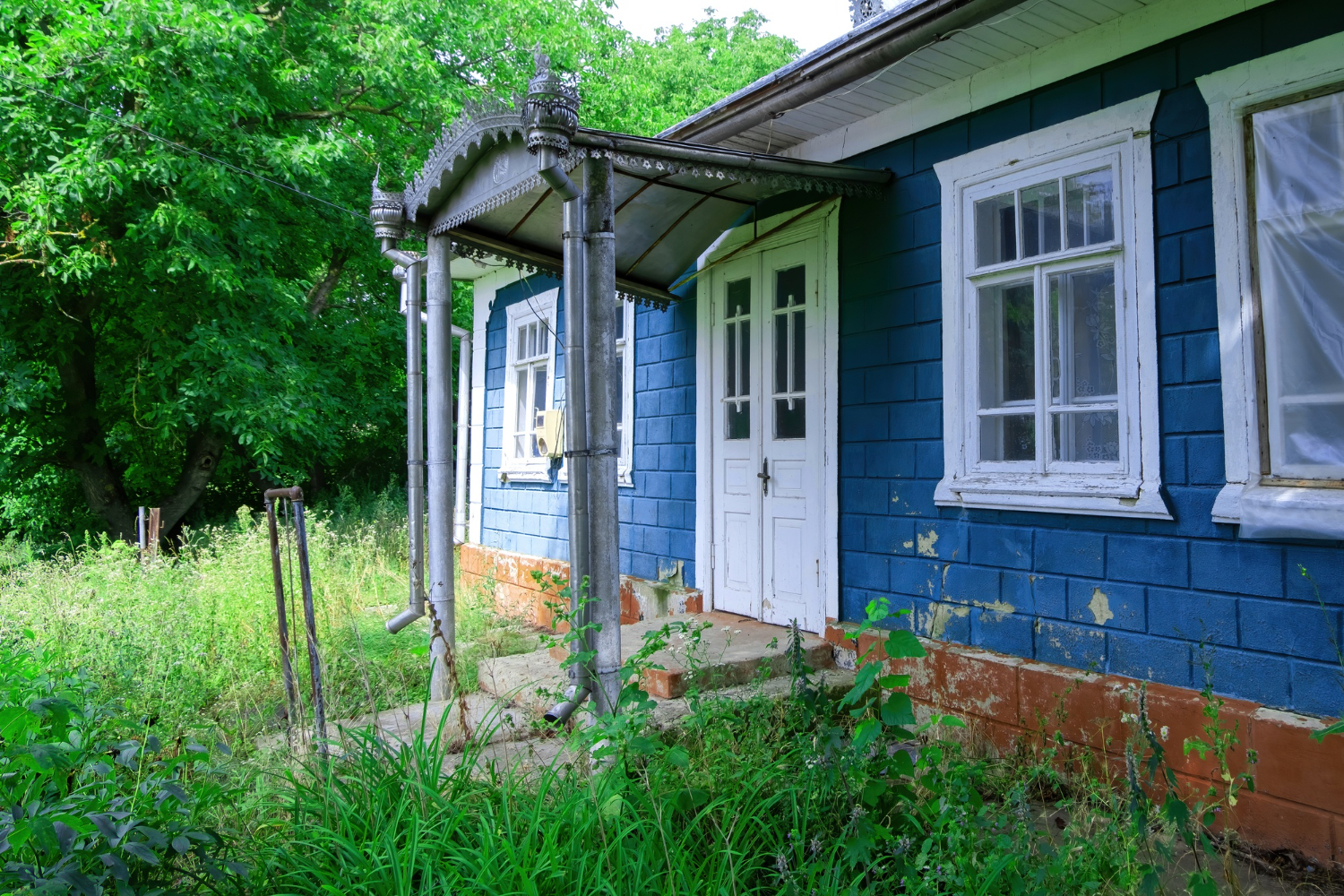When choosing a homeowners insurance policy, one of the most important decisions you’ll make is how your home and belongings are valued in the event of a loss. The two most common valuation methods are Replacement Cost (RC) and Actual Cash Value (ACV). While they may sound similar, they can result in very different payouts after a disaster.
So, what’s the difference—and which option is better for your home? Let’s break it down.
What Is Actual Cash Value (ACV)?
Actual Cash Value is the depreciated value of your home or belongings at the time of loss. In simple terms, it’s what your items are worth today—not what you paid for them or what it would cost to replace them.
Example:
If your 10-year-old roof is damaged in a storm, ACV coverage might only reimburse you for the current value of a 10-year-old roof, not the cost of installing a brand-new one.
Pros:
-
Typically results in lower premiums
-
Good for budget-conscious homeowners
Cons:
-
Payouts may not be enough to fully repair or replace damaged property
-
You’ll likely have to pay out of pocket to make up the difference
What Is Replacement Cost (RC)?
Replacement Cost covers the full cost to repair or replace your home or personal items at today’s prices, without deducting for depreciation.
Example:
If your couch is destroyed in a fire, RC coverage will pay for a new couch of similar kind and quality—even if the original one was several years old.
Pros:
-
Higher payout in the event of a claim
-
Better financial protection and peace of mind
Cons:
-
Premiums are generally higher
-
May require detailed documentation of your possessions
How the Two Impact a Claim
Here’s a comparison of how ACV and RC would work in a real-life scenario:
Scenario:
A kitchen fire destroys $20,000 worth of appliances and cabinetry.
-
Actual Cash Value payout: $12,000 (after depreciation)
-
Replacement Cost payout: $20,000 (actual cost to buy new appliances and rebuild)
With ACV, you may have to spend thousands of dollars out of pocket to restore your kitchen. With RC, you’re more likely to be made whole again financially.
Which Is Better for You?
The best option depends on your financial situation, risk tolerance, and the value of your property.
Choose Replacement Cost if:
-
You want full protection and minimal out-of-pocket expense after a loss
-
You own newer or high-value items
-
You’re willing to pay a bit more for better coverage
Choose Actual Cash Value if:
-
You need to keep your premiums low
-
You’re insuring older belongings or a secondary property
-
You have savings to cover depreciation gaps
Don’t Forget About Extended or Guaranteed Replacement Cost
Some insurers offer additional options:
-
Extended Replacement Cost: Covers replacement costs even if they exceed your policy limits (typically by 10–25%).
-
Guaranteed Replacement Cost: Pays whatever it costs to fully rebuild your home, regardless of limits—ideal for high-value homes or areas with rising construction costs.
These options provide added peace of mind but come at a higher premium.
Understanding the difference between Actual Cash Value and Replacement Cost is essential when selecting homeowners insurance. While ACV might save you money on premiums, it could leave you underinsured when you need help the most. Replacement Cost coverage offers more comprehensive protection, often making it the smarter choice in the long run.
Before deciding, talk to your insurance agent about your coverage needs, replacement cost estimates, and what you can afford to pay in the event of a loss. A little planning today can protect your home and finances tomorrow.
